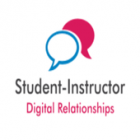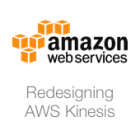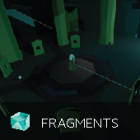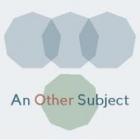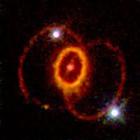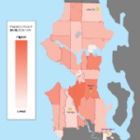
spl.org Redesign: Non-User Research
Public libraries exist to provide equitable access to information, which requires continuously working with communities to understand their needs. My Capstone is part of SPL’s efforts to involve community members in their website redesign process. This project asks, “Who, taking into account language and digital access barriers, does not use spl.org, and why?”. To answer this question I analyzed data from SPL surveys and worked with branch libraries and community centers to design and run qualitative research sessions. My deliverables include data towards my research question and recommendations for conducting future SPL design research projects.

